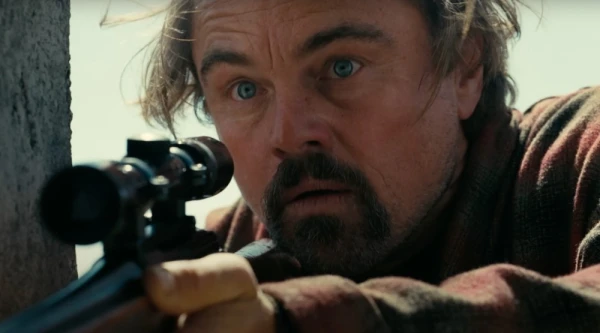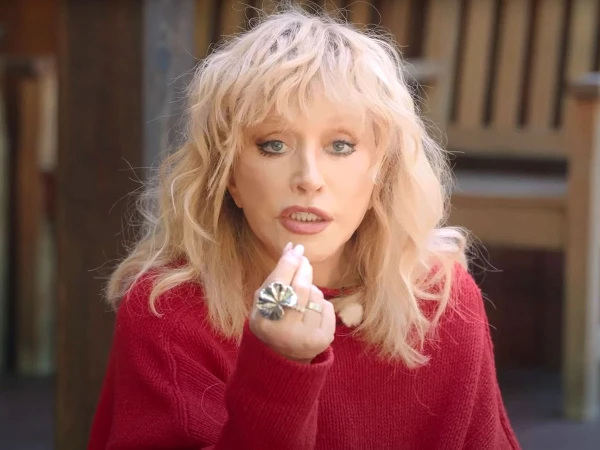
"For this film to make sense, one must believe that the U.S. is a fascist dictatorship."
In the U.S., the film "Battle for Battle" by Paul Thomas Anderson, featuring Leonardo DiCaprio and Sean Penn in the lead roles, has come under heavy criticism from conservatives. The film, which tells the story of leftist revolutionaries rising against systemic racism, has been accused of justifying terrorism. Anderson himself stated that he was not inspired by the real political situation in America. However, conservative supporters have labeled the film as "the most irresponsible of the year" and believe it could incite waves of violence in cities where federal troops, under Trump's orders, are apprehending illegal migrants. Against this backdrop, Anderson's most expensive film (with a production budget of $130 million and $70 million for promotion) may not recoup its costs.
"Battle for Battle" premiered on September 26. According to Variety, the film grossed a "disappointing" $22 million in its opening weekend. As of October 10, its total earnings reached $115 million.
For Paul Thomas Anderson, an 11-time Oscar nominee, this is already a record — but for the film to be considered commercially successful, taking into account the share of profits taken by theaters, it needs to earn at least three times more.
The basis of "Battle for Battle" is a loose adaptation of the novel "Vineland" by postmodernist Thomas Pynchon. Very little of the text, which recounts the riots in the U.S. during Ronald Reagan's re-election in the 1980s, remains in the film.
The main events of the film take place in contemporary America. "Battle for Battle" opens with a scene of activists from the anti-fascist movement "French-75" attacking a detention center for illegal migrants near the Mexican border. They are led by a couple of anti-system rebels — Pat, played by Leonardo DiCaprio, and Perfidia, played by Teyana Taylor. They confront military officer Steven Lockjo (played by Sean Penn), a convinced racist who revels in violence.
Lockjo dreams of joining the extremely exclusive club "Christmas Adventurers" — a fascist organization, a secret backroom government akin to a Masonic lodge. To do this, the officer must prove his hatred for people of other races in action.
Paul Thomas Anderson noted that the nearly three-hour film is not directly related to what is happening now in the United States. Its filming began in California in January 2024, a year before Donald Trump's election. However, it is difficult not to see parallels with the events in American cities, where the president declared a war on migrants and deployed the army, on screen in the 25th year.
The film has received rave reviews from critics. On Rotten Tomatoes, it holds a high rating of 95%, and the Associated Press and The Times call it a "masterpiece." However, it has faced a storm of criticism and outrage from Republican supporters.
Fox News columnist David Marcus called the film "an inappropriate justification of leftist violence," according to The Hollywood Reporter. "For this film to make sense, one must believe that the U.S. is a fascist dictatorship. This is a dangerous delusion, and sometimes deadly," he wrote, adding that the film provokes anger, "but perhaps Antifa will gladly watch it when they find themselves in prison."
National Review calls it "the most irresponsible film of the year." The publication linked the film's release to a "horrible coincidence" — the murder of conservative activist and Trump supporter Charlie Kirk. "The film romanticizes political murder, incites bloodlust among woke viewers, and depicts chaos as a cultural norm," the review states.
Donald Trump himself has not commented on Anderson's film. However, Hollywood often becomes a target of his criticism: at the end of September, it became known that the White House is preparing to impose 100% tariffs on films made outside the U.S. How this will be implemented is unclear: film production rarely occurs in one country, and industry representatives believe such a measure would "completely halt" it. CNN sources in the industry note that it is unlikely such tariffs can be introduced due to the peculiarities of the film market.
As American media point out, Donald Trump's pressure on the creative industry continues to grow. At the end of September, under pressure from Washington, ABC was forced to temporarily suspend host Jimmy Kimmel from airing. He stated that MAGA supporters are trying to score political points on the murder of Charlie Kirk.













